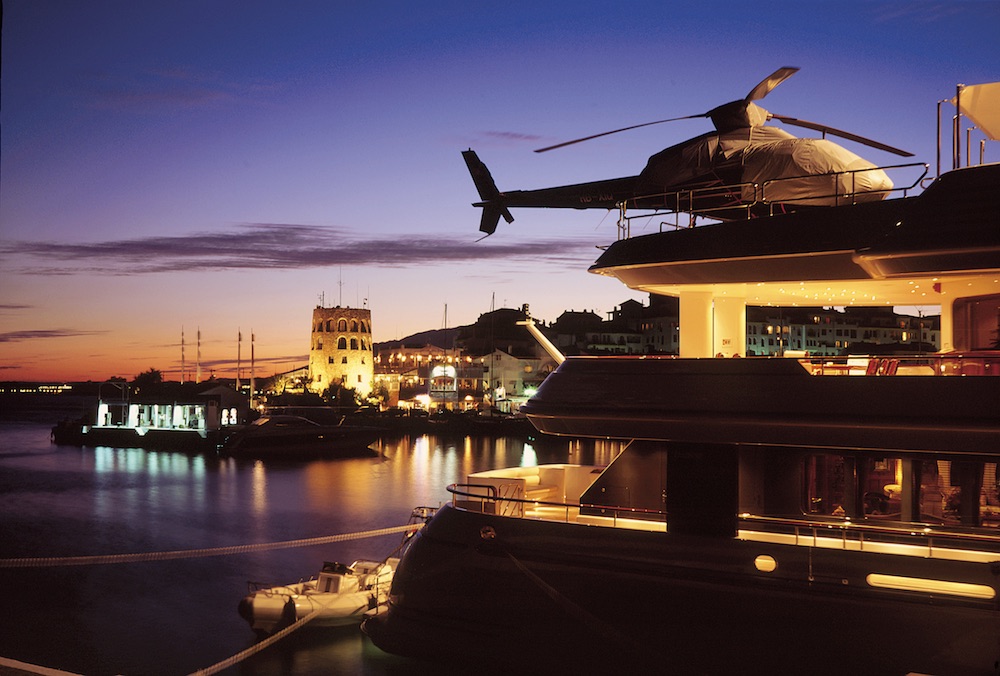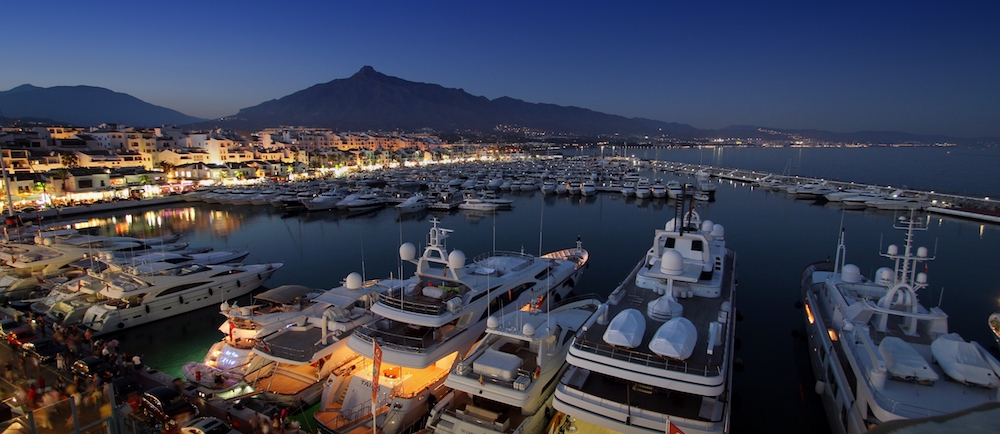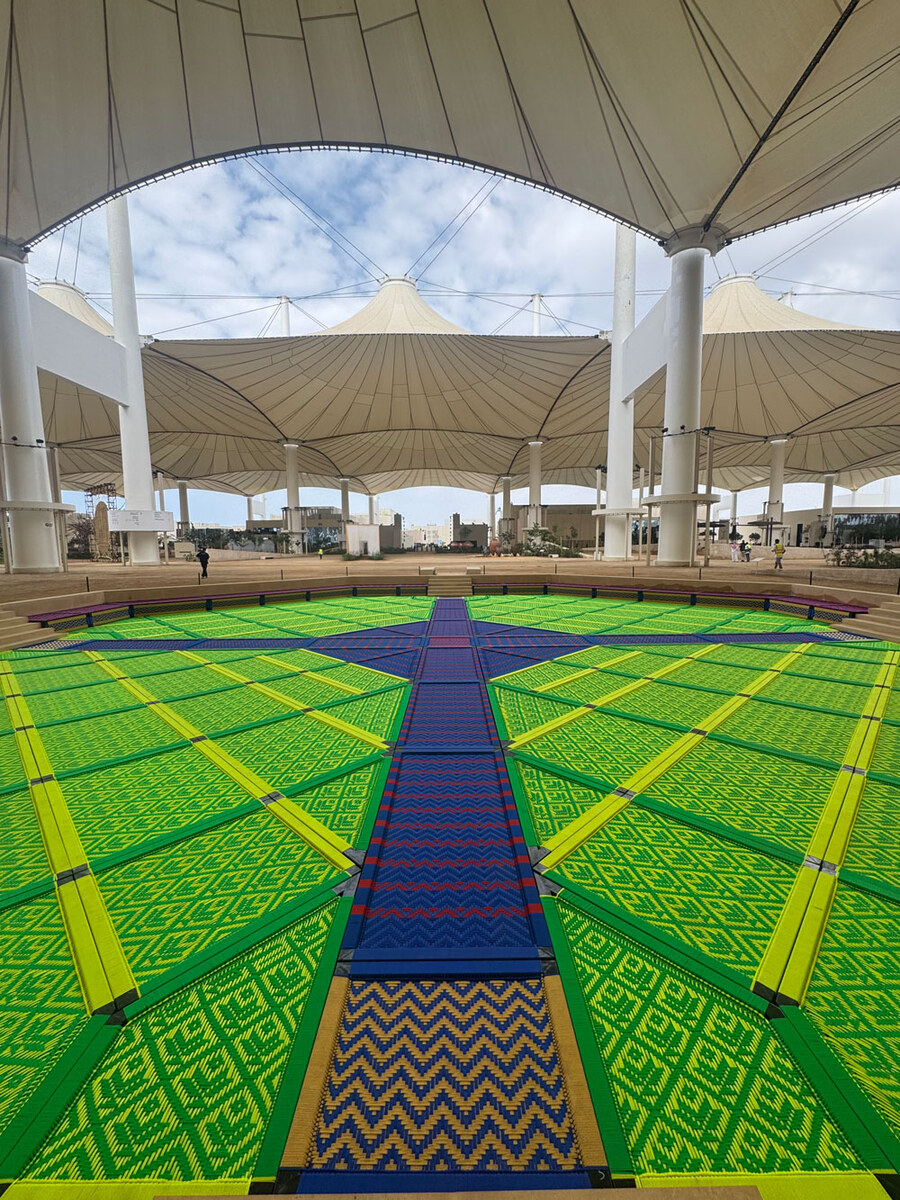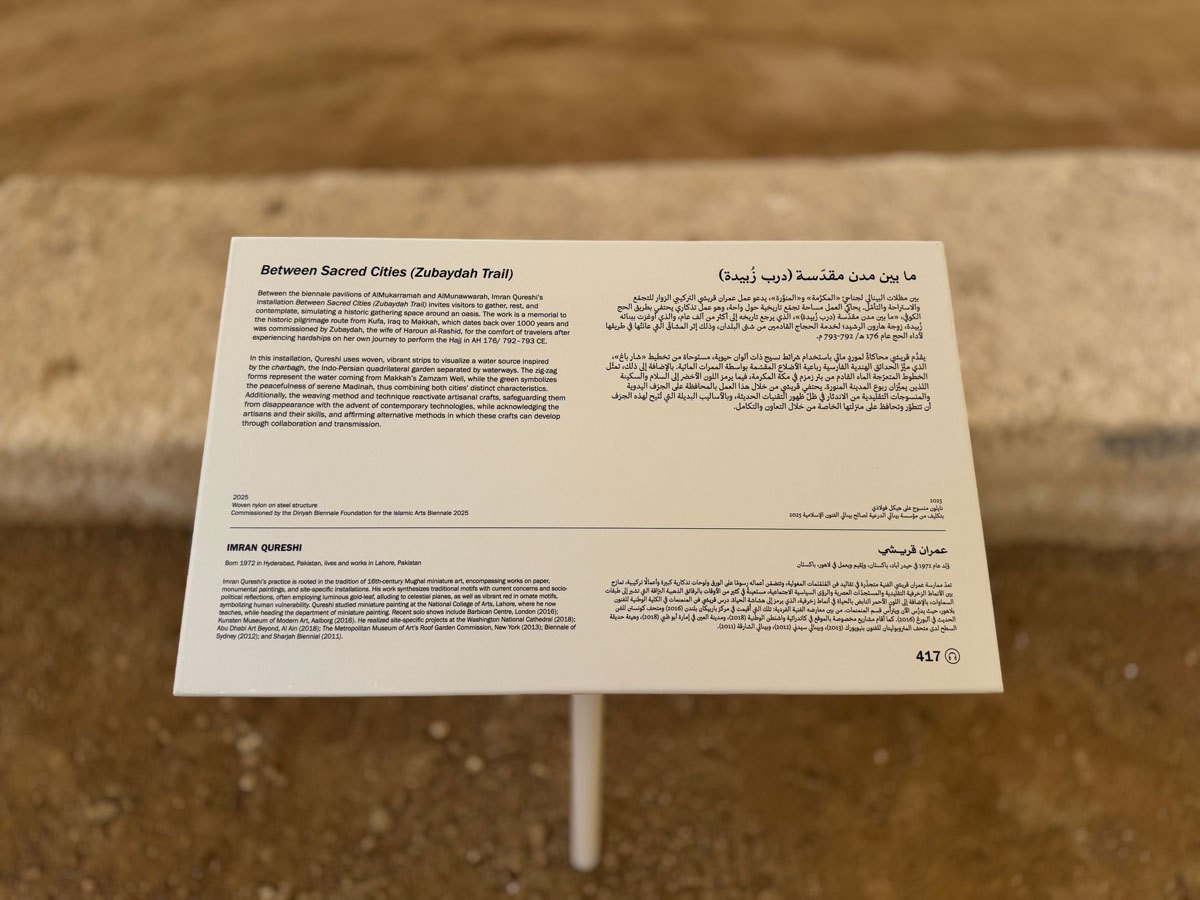MARBELLA: A drop in big-spending Arab tourists visiting the Spanish city of Marbella due to the coronavirus disease (COVID-19) pandemic travel restrictions has had a serious impact on the resort’s economy, business owners claim.
Marbella’s famous Golden Mile — a luxurious residential and commercial area — and the upmarket Puerto Banus, a marina southwest of the city, are popular holiday destinations for visitors from Saudi Arabia and other Gulf nations.
Manuel Jimenez, director general of a luxury brand in Puerto Banus, said the fall in the number of tourists from the Middle East had seen his sales take a drastic hit.
“This summer we are having more local customers who usually don’t come here during the summer because of the crowds. As for Arab tourists from the Gulf and Morocco and other countries such as Russia, unfortunately, they haven’t come yet, and this has caused a drop of 60 to 70 percent on sales compared to last year,” he added.
David Del Barrio, commercial and marketing director of Puerto Banus, said: “The Arab tourist is very important to Puerto Banus due to a high level of demand, and a great knowledge of the area, making them like one of the port residents.
“Without any doubt the absence of Arab tourists is being noticed in the port. We are missing their purchasing power, their way of enjoying life, and the way they live the experiences offered by Puerto Banus and Marbella, which makes them unmatched.
“For us it is irreplaceable and is undoubtedly part of the DNA of Puerto Banus. We hope that the situation improves and that everything returns to normal so that we can meet again,” said Jimenez.
In normal circumstances, Marbella’s luxury shops and restaurants would now be packed with Arab visitors, customers who help the city to maintain its image of glamour and exclusivity. But this year most restaurants are only half full.

Sebastian Diaz Lopez, manager at El Gaucho restaurant in Puerto Banus, said: “Arab customers are very important to us, but we are seeing a notable drop in our bookings due to the absence of Arab tourists, especially from Saudi Arabia.
“Our specialty is halal meat, we are the only ones in Puerto Banus to serve halal food and this kind of cuisine, and with Saudis liking to dine late, sometimes we remain open until 4 a.m.
“This year we have seen a 30 to 40 percent drop in our general sales. We are getting a different type of customer compared to previous years. We are making offers and changing what we serve to adapt to the new clientele, which is very different from Saudis, who usually spend more,” he added.
Marbella-born Karine Maeck, a public relations expert in the luxury sector, felt confident things would improve. “Due to COVID-19, everybody was quite nervous about the situation and what was going to happen for the summer.
“However, the management of the port and the city of Marbella are taking all the necessary precautions and security measures to keep Marbella a safe destination,” she said.
“This is such an incredible destination, it has so much to offer, the climate, the logistics, it has everything. I think that makes everybody feel comfortable coming here.”

The real estate sector has seen a notable dip in business because of the absence of Saudi investors and tourists who rent luxury houses and stay for long periods.
The majority of five-star hotels and vacation apartments in the region have only been operating at 40 percent occupancy this year.
“There was a rise in interest in terms of real estate investment in 2018 and 2019 by clients from Arab countries, and especially from Saudi Arabia, with more than 90,000 tourists exclusively from the Kingdom generating an increase of more than 30 percent compared to previous years,” said Ramon Vegas, partner at Verus Real Estate.
“In 2019, Arab residents increased their investment in home purchases of more than 500,000 euros ($580,000) for both vacation and residency in the golden triangle of Marbella, Benahavis, and Estepona.
“As for 2020 … the current situation has directly affected tourism from Arab countries and hit the real estate sector. Middle East tourism has been a key piece for the real estate and commercial sector of Marbella, and much of the growth and global positioning of this city is because of this.
“We expect drops of 25 to 30 percent in sales this year. Nevertheless, the wide variety of possibilities, the modernization of assets in Marbella including top-notch services, and the innumerable advantages, will make Marbella once again a benchmark for real estate investment and a paradise for tourists and investors from countries such as Saudi Arabia and the UAE,” he added.
Throughout Spain the tourism industry in general has continued to struggle as a result of the COVID-19 outbreak, with no rebound likely in the short term. However, there are hopes for a change in fortune for the Costa del Sol in August.
“The forecast this summer is uncertain. Each day is better than the previous one, it is a slow improvement that is attracting a high-quality visitor and a client who is clear about their preferences, expectations and purchase wishes, the conversion rate has increased exponentially,” said Del Barrio.

























